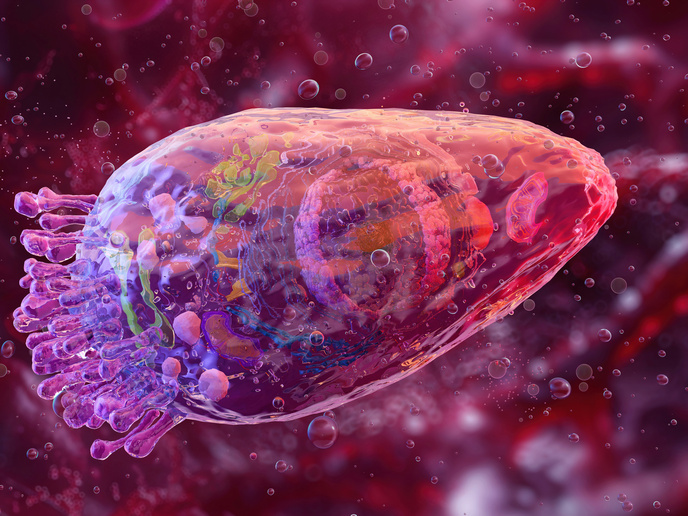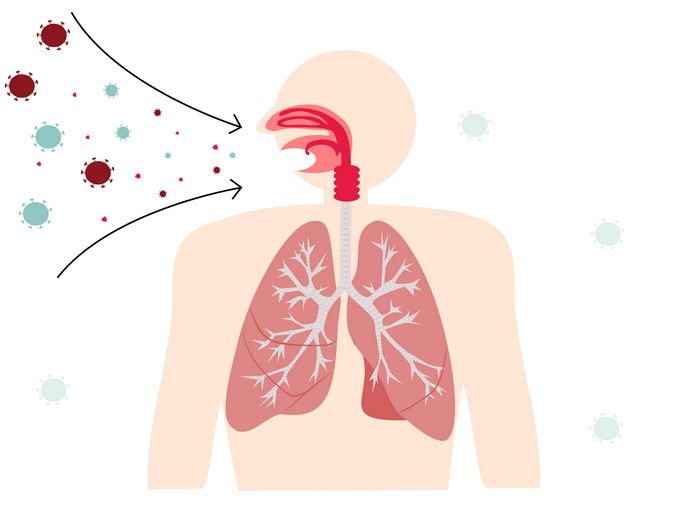Modelling bacterial infection
The study of phagosomes, important cellular compartments that play a major part in killing pathogenic micro-organisms, could help in finding cures for virulent diseases. The EU-funded project 'Systems biology of phagosome formation and maturation, modulation by intracellular pathogens' (Phagosys) aimed to develop a mathematical model of mycobacterial and Salmonella infection of macrophages. It looked for ways to clear intracellular bacteria by phagocytic cells so boosting immunity. More specifically, the project team studied how phagosomes fuse with lysosomes (phagolysosomes) and examined the initial uptake into phagocytic cells, particularly in relation to Mycobacterium tuberculosis (M. tuberculosis) and Salmonella. The team developed automated modelling methods to combine data and expert knowledge to create valid phagocytosis models. It then conducted advanced assays and protocols to identify key regulators and pinpoint the mechanisms behind intracellular trafficking and growth or clearance of Salmonella and M. tuberculosis. The project's researchers also worked on identifying bacterial components that mediate interactions with macrophages to prevent phagosome-lysosome fusion which can promote bacterial survival. They then homed in on genetic targets and substances that can be used for antimicrobial therapy, gathering large amounts of research data to help achieve their aims. Overall, the project conducted numerous experiments that yielded positive results in developing potential therapeutic agents to treat diseases such as cancer, autoimmune disease, leukaemia and bacterial infection. It made significant headway in developing data analysis tools that can be applied to other areas of systems biology, where disparate types of data need to be integrated together for maximum output. Dissemination of the project's results and concrete plans to exploit them promise to help develop new modelling software in the near future. So far, there has been 14 publications as a result of Phagosys research. More than 2 000 people have been actively involved in 31 dissemination activities where project results were presented to international audiences of scientists and the general public.







